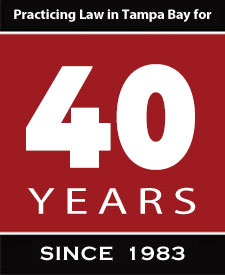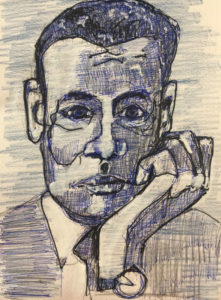This past April, Charles Van Doren passed away. The movie “Quiz Show” relates an important episode in his life.
For 14 weeks, from November 28, 1956 to March 11, 1957, Mr. Van Doren captivated audiences of up to 50 million people with performances on the NBC quiz show “Twenty-One”. He identified Henry VIII’s wives and their fates. He listed America’s four vice presidents in the 1920s. He named the four Balearic Islands. And he knew the common names for caries, myopia and missing patellar reflex. When he finally faltered, missing the name of Belgium’s king, hearts were broken.
But Mr. Van Doren, 31, by then the nationally known star of a show whose ratings had soared, walked away with $129,000 in winnings (the equivalent of more than $1 million today). He had also appeared on the cover of Time magazine, received some 20,000 fan letters, brushed off dozens of marriage proposals and signed a $150,000 contract to appear on NBC shows for three years.
In succeeding months, as rumors and skepticism over TV quiz shows grew, some contestants admitted that the programs had been fixed. The networks denied it, and Mr. Van Doren insisted that he had not taken part in any deceptions. Besides misleading the press and public, he continued to deceive his family and friends, and even lied to a Manhattan grand jury about his performances.
But on November 2, 1959, he told congressional investigators that the shows had all been hoaxes, that he had been given questions and answers in advance, and that he had been coached to make the performances more dramatic.
“I would give almost anything I have to reverse the course of my life in the last three years,” he said. He said he had agonized in a moral and mental struggle to come to terms with his own betrayals.
He lost his job, NBC canceled his contract, and, along with others who had lied to the grand jury about their quiz show roles, he pleaded guilty to second-degree perjury, a misdemeanor, and received a suspended sentence. Many contestants shared the guilt, but the publicity spotlighted Mr. Van Doren because of his family’s prominence.
His father was Mark Van Doren, a Pulitzer Prize-winning poet, literary critic and professor of English at Columbia. His mother, Dorothy Van Doren, was a novelist and editor. And his uncle, Carl Van Doren, had been a professor of literature, a historian and a Pulitzer Prize-winning biographer. Charles himself had bachelor’s and master’s degrees, a $4,400-a-year position at Columbia and an honest look about him.
Mr. Van Doren disclosed that after his fall from grace his father had given him a present: a gyroscope with a quotation from Shakespeare’s “Twelfth Night” by the character called Feste, a clown wise enough to play the fool and tell the truth. “I knew he was saying that I, too, would survive and somehow find a way back,” he wrote. “I just hugged him and said, ‘Thank you, Papa.’”1
The struggles of Van Doren are not that uncommon in the human experience. He made serious mistakes in judgment that accumulated and brought him down. However, his story is not without a positive afterthought. For by eventually admitting his culpability, he opened a way to closure and a future without scandal and drama. In other words, telling the truth, even if it takes a while, has advantages.
1 The facts and writing for this piece came from: Charles Van Doren, a Quiz Show Whiz Who Wasn’t, Dies at 93, Robert D. McFadden, April 10, 2019, The New York Times, retrieved from: https://www.nytimes.com/2019/04/10/obituaries/charles-van-doren-dead.html


